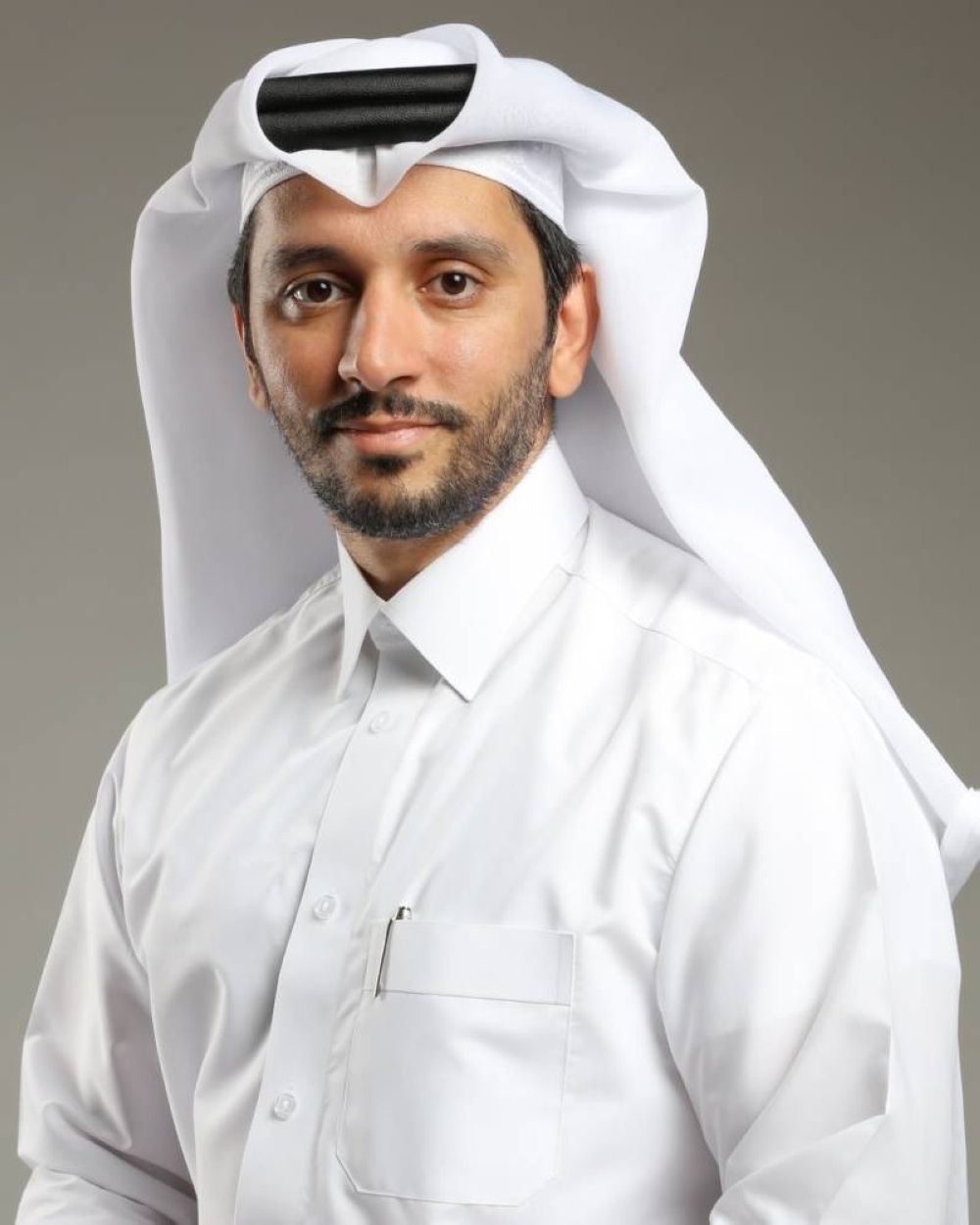There is no doubt that encouraging smaller enterprises is beneficial for an economy. In Qatar, official policy promotes the development of small and medium-sized enterprises (SMEs). Their promotion forms part of the Qatar National Vision 2030.
In July 2022, Qatar Chamber of Commerce reported a generally positive picture: SMEs comprised 97% of private sector companies, and contributed 15-17% of non-oil GDP. There had been growth in industry and food sectors. Activity was principally in the sectors of tourism and hospitality, information technology, retail and real estate.
Progress in encouraging and supporting SMEs in Qatar is tangible, but beneath the promising figures and generally positive outlook, there are problems to be addressed.
A report by the Qatar Development Bank in 2020 noted that personal savings and reinvested profits remain by far the largest sources of capital, indicating that start-up capital could be made easier to access, including for entrepreneurs with a low-income background. It also noted high costs and some procedures that could be simplified.
Talking to owners and managers of SMEs, one learns that there is scope to reduce bureaucracy. When setting up a company, for example, you may have to register at more than one website. Licensing costs are expensive for the different activities and can accumulate, and the licensing process does not differentiate between a large corporate and an SME. There is a need for those involved in regulating businesses, and establishing procedures for setting up new companies, to arrange more focus groups in order to better understand how processes and payments are experienced by the entrepreneurs. It is likely that relatively simple fixes can be found for some of the costs and frustrations involved in the process of setting up a firm and running an SME. The costs for regulators would be small compared with the potential for economic development and enhanced wealth generation that could follow.
Another need is for market studies. There is an over-supply in some sectors, for example coffee shops. Obviously, it is not for the government to direct activity in a free market economy, but they could supply helpful information to investors on areas where activity and therefore competition is relatively low, and provide valuable data where costs and competitive pressures are high. Trade shows in the Gulf region can be dominated by very large multinational firms, so there would appear to be potential for encouraging involvement in trade shows by SMEs.
Hiring employees can also be problematic. In many countries with tourism, it is relatively straightforward to hire seasonal staff, but in Qatar, contracts are for a minimum of one year. For an immigrant employee, it can be time-consuming to secure the approval for work visas, ensure medical checks and so on, such that onboarding can take as long as six months. Generally, there is a recruitment challenge for SMEs, because of the high fixed cost, in addition to the real-estate rental costs.
One of the areas where there appears to be under-investment concerns the digital revolution, where any nation that fails to invest risks being seriously left behind. While the digital infrastructure of Qatar has been developed, and hi-tech is the focus of some of the incubation centres, a report by the agency Tasmu Digital Valley found that under 1% of SMEs in Qatar are in the digital sector. It also reported a much higher level of awareness, than adoption, of new technology such as cloud computing and big data analytics.
On the issue of the development of entrepreneurialism and the growth of SMEs in Qatar, there are two stories: The macro picture, which is somewhere between good and excellent; and the micro picture, where there are frustrations and where reforms would help develop the sector further. Relatively modest, low-cost initiatives could unleash a considerable economic potential.
The author is a Qatari banker, with many years of experience in the banking sector in senior positions.

